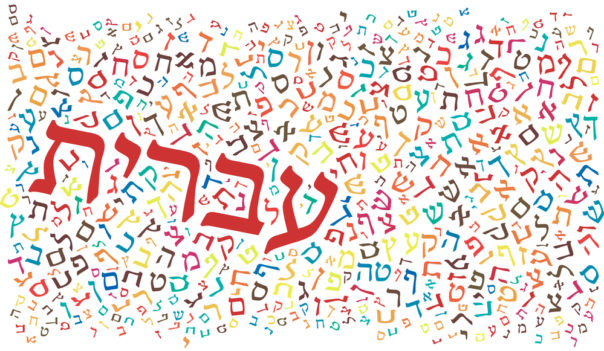Whether you are a first-time visitor or have already been in Israel, learning the local language can be useful. Communicating in a new country requires some knowledge of language and oral expressions, as well as cultural rules. Remember to consider these factors before visiting a foreign country.
Some people might tell you that Hebrew is useless, and that most residents of Israel speak English fluently. This may be true if talking about big cities with a huge flow of visitors and foreign residents. In fact, in Israel, and especially in Jerusalem, you can often find someone who speaks English. However, you should upload a translation app to your electronic device, as it could be helpful if you don’t find anyone.
Even if you have already downloaded some useful translation apps, there can be problems with limited Internet access or a dropped Wi-Fi connection. Anticipating such circumstances, many travelers decide to learn some of the most useful Hebrew phrases.

“Many people in israel don’t speak any English at all”
If you still doubt that this is necessary, remember there are many people who don’t speak any English at all. These people are often religious, Sephardic Jews, from small towns, working class, older people, part of the Arabic minority, or Jewish immigrants from places like the former Soviet Union. You can often encounter them in Israel, especially if you plan to visit smaller towns and villages.
Moreover, knowing some Hebrew can be an icebreaker with Jewish people all around the world. Keep in mind that most foreigners are agreeably surprised when you speak their language. Since Hebrew is closely connected with their religious traditions and cultural history, local Israelis will usually be impressed by your knowledge of the language and will respect your effort to learn it.
Here are some useful words and phrases you can use:
- “Sababa” – Sure or no problem
- “Aifo HaSherutim” – Where is the bathroom?
- “Efshar Et HaHeshbon” – Can I have the bill?
- “Bevakasha” – Please
- “Shalom” – Hello , goodbye, peace
- “Mayim” – Water
- “Ani lo medaber ivrit” – I don’t speak Hebrew
- “Ani lo fryer” – You can’t take advantage of me or I am not gullible
- “Mone Bevakasha” – Please put on the taxi meter
- “Kef Chaim” – Tons of fun
That should get you started, and you will be surprised how many phrases you’ll pick up during your stay.
